What is our primary use case?
The clients are using the solution for backup and restore and also for replication. The new model also has the management of virtual servers.
What is most valuable?
It's one of the most stable offerings.
The product is very straightforward and very easy to use from the client-side.
The solution is scalable.
The initial setup is very straightforward.
What needs improvement?
It's not that easy to use from the management side.
The solution needs to improve its traditional backups. They back up data as others do at the moment - however, it's not as good. Also, restoring is very fast, however, they need some improvement in deduplication.
It's more the management in the level of replication. There needs to be a much higher level of replication. Right now, it's a basic replication in the secondary site. The recovery needs to be much faster as recovery is very important. The fastest recovery is from Rubrik.
Rubrik is the fastest recovery backup solution, and Cohesity is the same as it depends on the hardware which they have.
Veeam should come with the hardware as others, like Cohesity, come with the hardware.
For how long have I used the solution?
We've been using the solution for five years. It's been a while.
What do I think about the stability of the solution?
The product is very stable. There are no bugs or glitches. It doesn't crash or freeze. It's reliable and the performance is good.
What do I think about the scalability of the solution?
You can scale it easily. Every time you need to buy a new license, you just add more licenses, and that's it.
At the moment, all of our customers are using Veeam. We have more than 20 customers.
How are customer service and support?
We don't use technical support very much, however, my sense is they're okay. I cannot say something more precise, as we didn't really use it.
How was the initial setup?
The initial setup is pretty straightforward. It's not complex or difficult. The deployment process takes about an hour or so.
To set up and deploy the solution, you only need a maximum of two people - one consultant and one assistant.
What was our ROI?
I didn't study ROI. Return of investment has to do with disaster recovery. This is one of the best solutions, Veeam, to retrieve machines if a disaster happens. If one site goes, and you have replication with Veeam, your company can continue on without loss.
What's my experience with pricing, setup cost, and licensing?
The customer needs to pay for Veeam. They need to pay a license per virtual machine, and the cost depends on how many virtual machines they want to back up.
Which other solutions did I evaluate?
We also are a partner of Cohesity, and we've evaluated the two. The main difference is Cohesity comes with hardware.
The license is based on the capacity of the space where the backup stays, and also is very straightforward, much like Veeam. They are straightforward, and it's very, very, very powerful, however, you really depend on the hardware. This is a different way of licensing.
Veeam is very straightforward, however, licensing is for virtual machines, how many you have. That means sometimes in the environment if you have lots of machines, virtual machines, it is better to use Cohesity as you can add as many virtual machines as you want and the license is always based on the capacity of the hardware where it stays.
What other advice do I have?
We are resellers. We are gold partners with Veeam.
We sell only the latest version of the solution.
I recommend both Veeam and Cohesity, however, depends on how your environment is.
I'd rate the product at a ten out of ten.
Which deployment model are you using for this solution?
On-premises
Disclosure: I am a real user, and this review is based on my own experience and opinions.

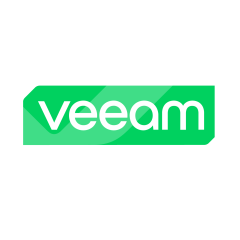





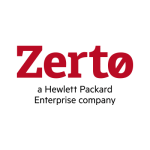

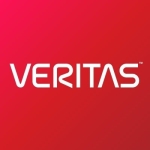



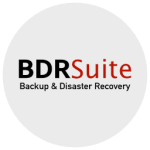

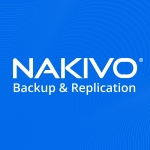
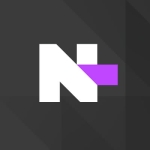

Nice review. We use Veeam as well and upgraded to the Enterprise Plus license to get Nimble integration. Has helped tremendously with backup times nearly half what they were.